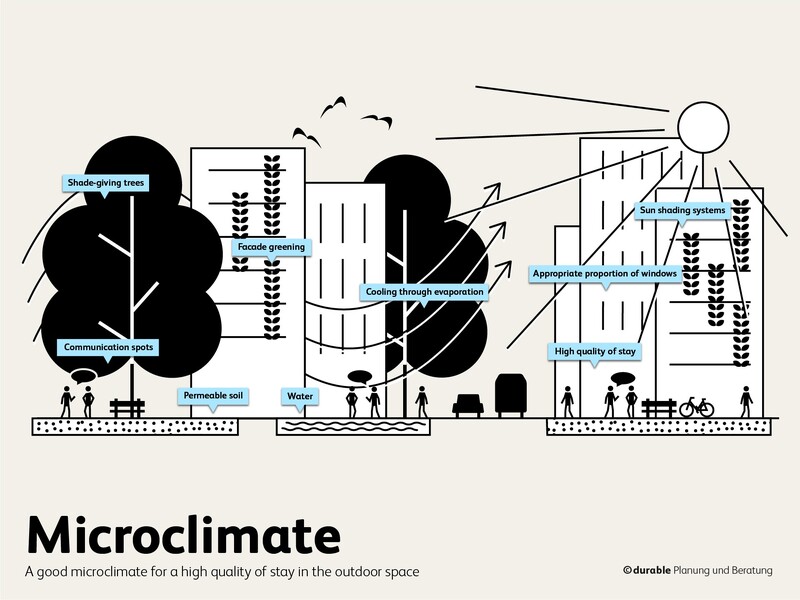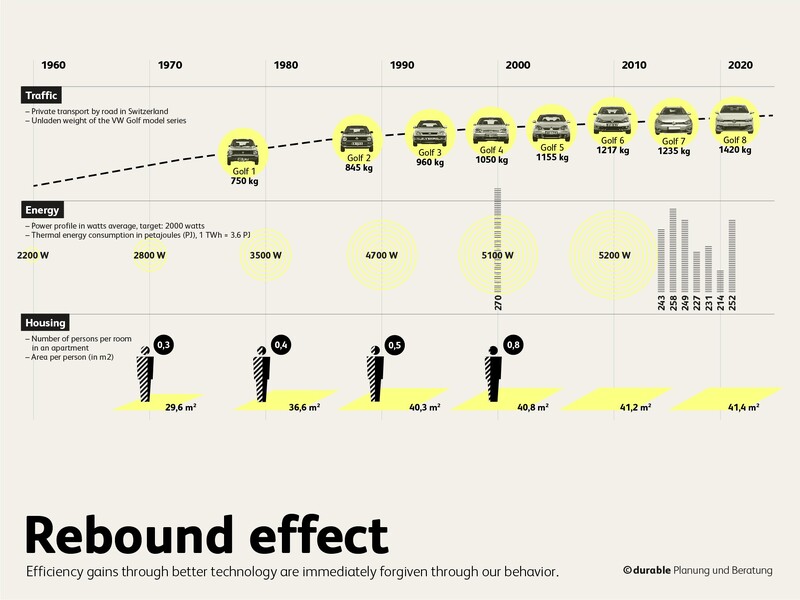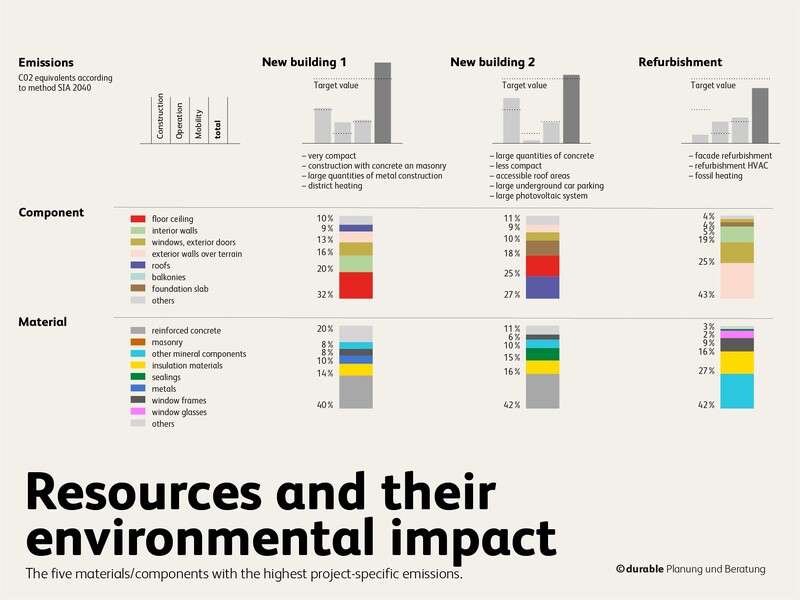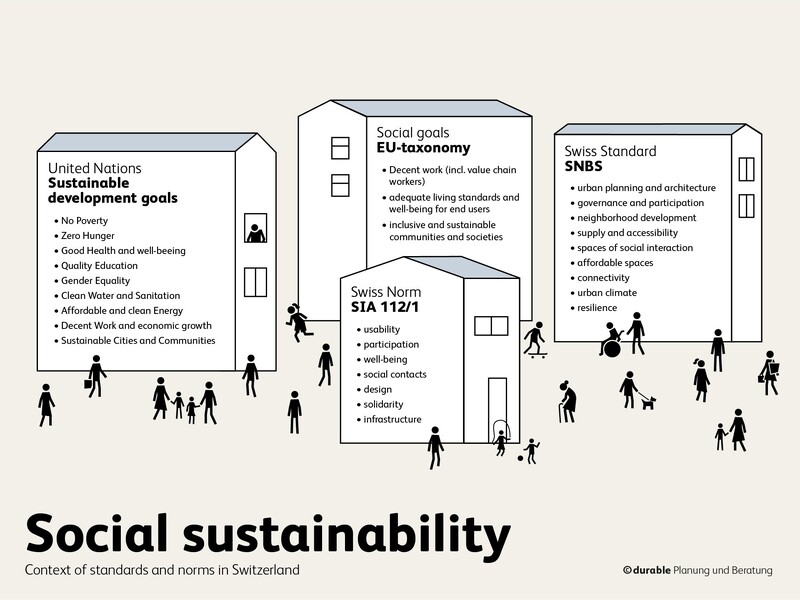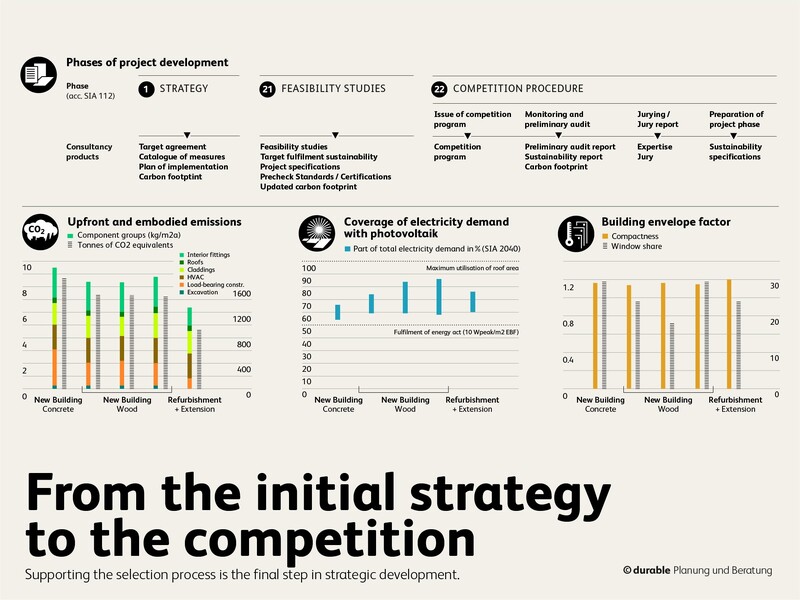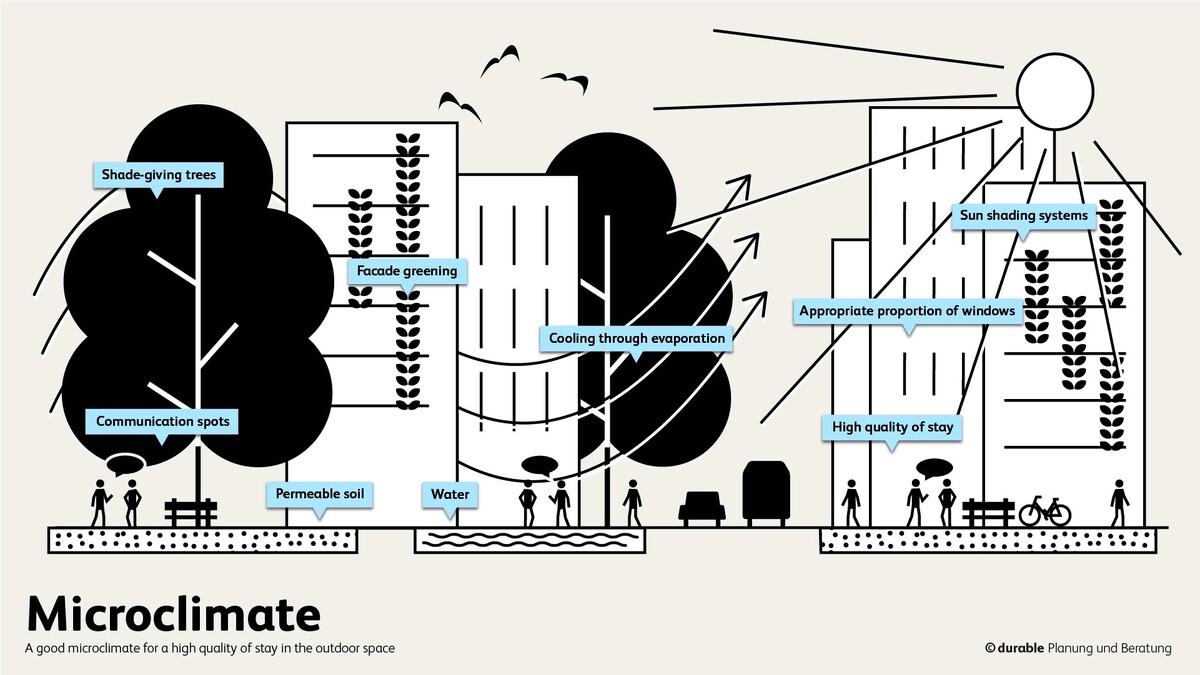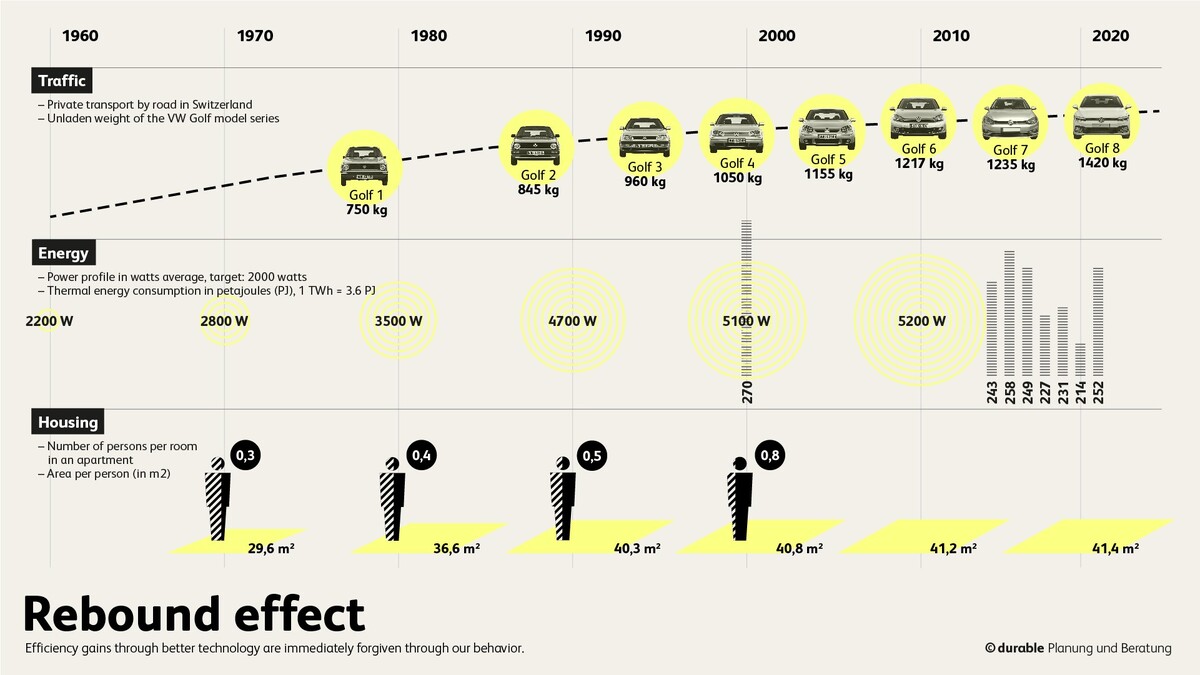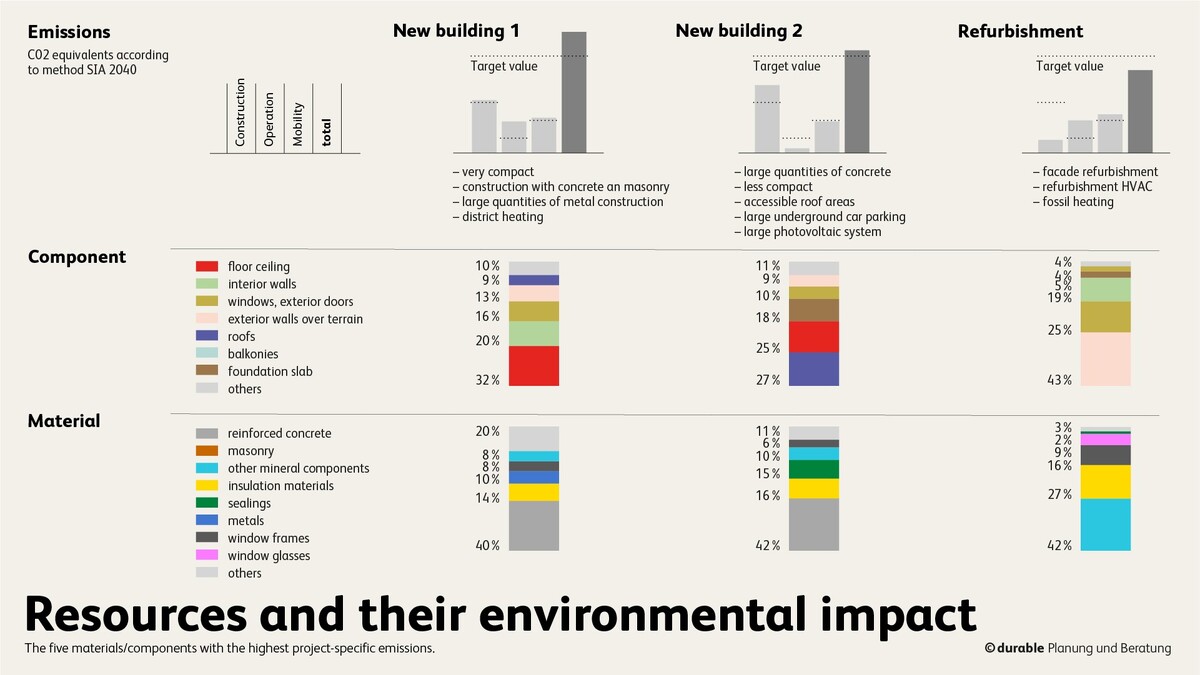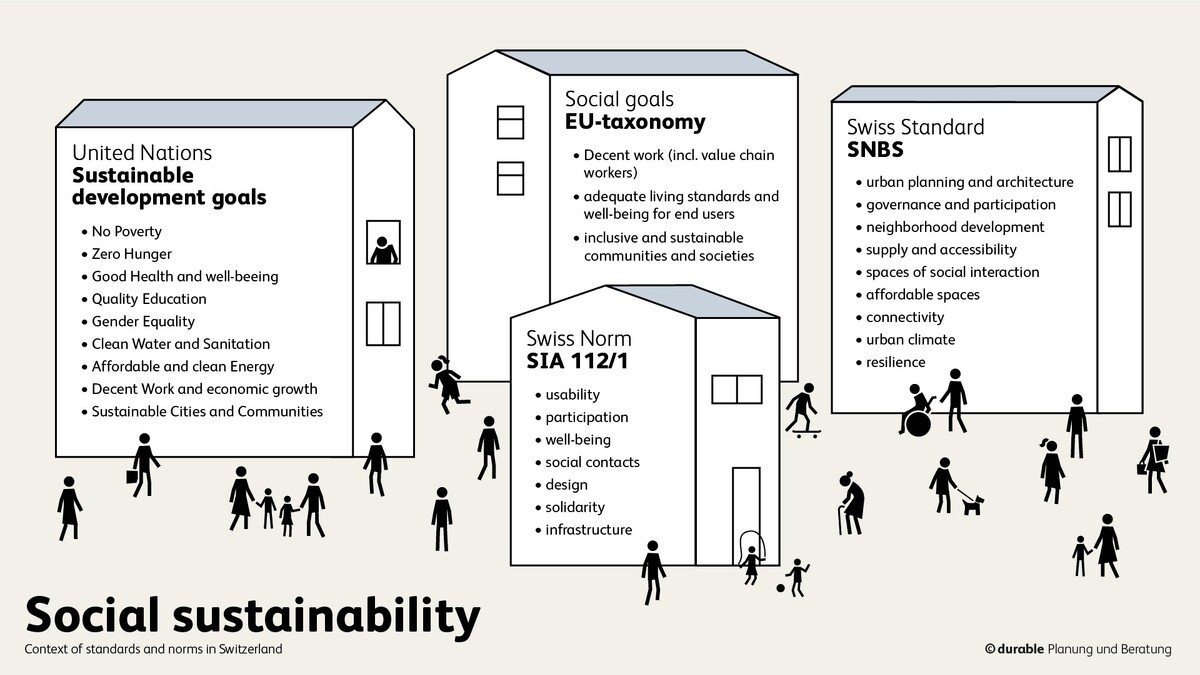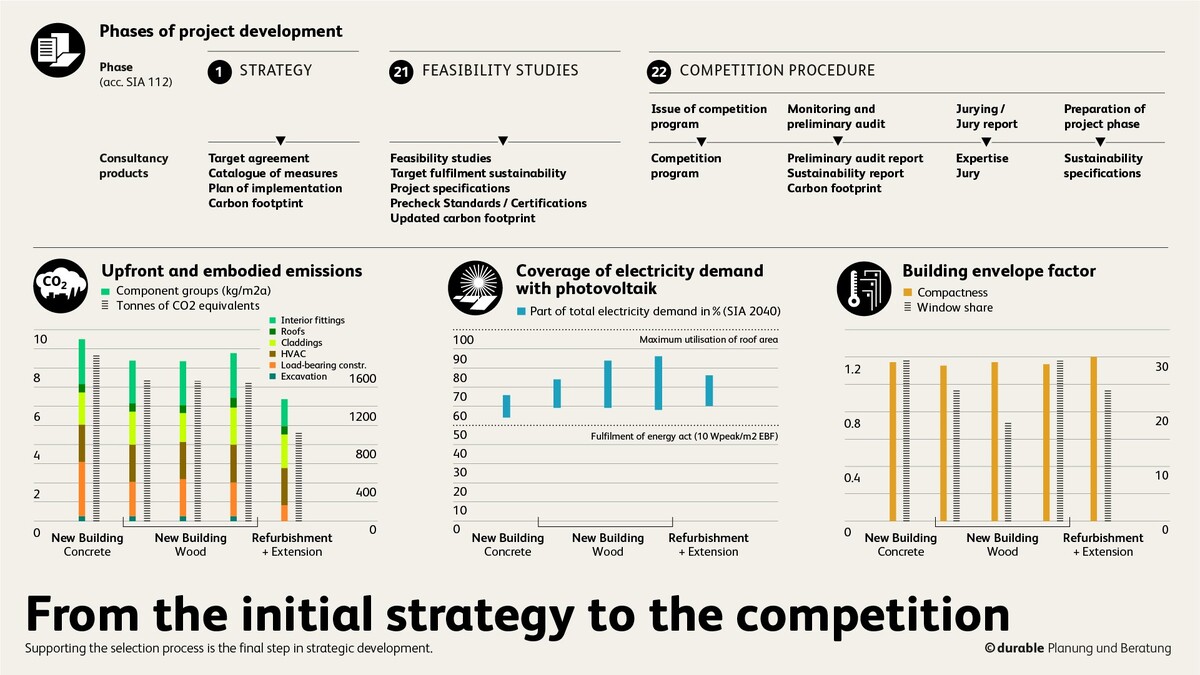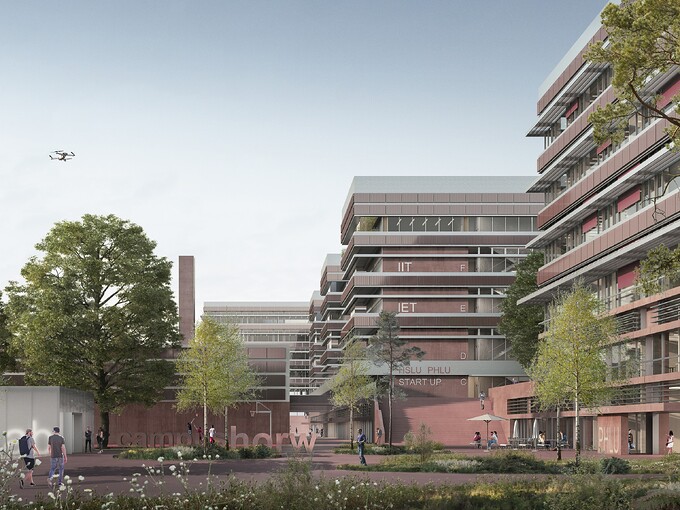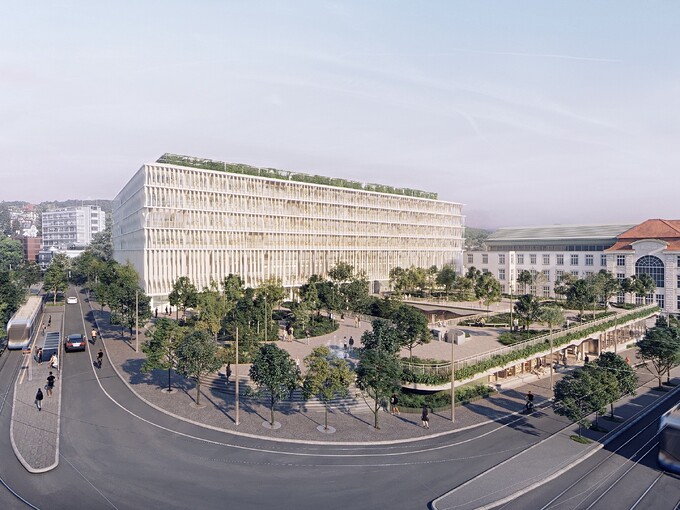For a better sustainability
'Climate crisis, lack of affordable housing, urban heat islands, power shortages – some current problems are linked to the construction industry and can be addressed with tailored solutions. I am convinced that through our daily work, we can contribute to tackling these issues.'
Remo Niklaus

Current Topics
07|2024
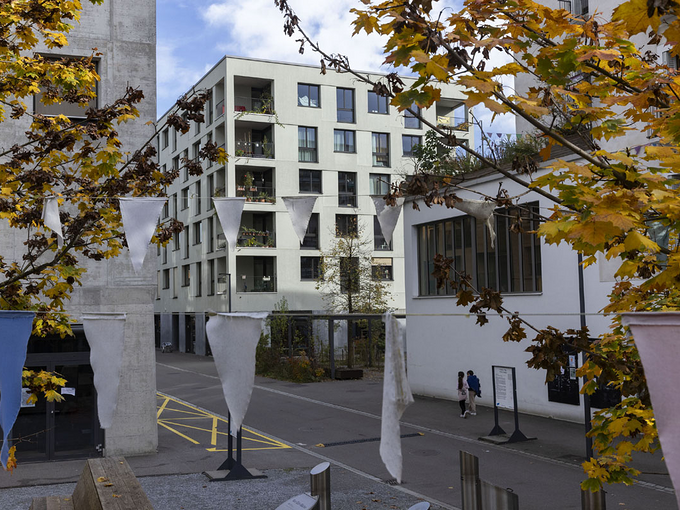
Launch of the standard 'SNBS-Areal' at an event by NNBS in Bern
It became public on 13 September 2023: in 2022/23, we were commissioned by the Swiss Sustainable Building Network NNBS to develop the certifiable 'SNBS-Areal' standard. 'SNBS-Areal' is part of the SNBS/Minergie/GEAK label group and a follow-up solution for the 2000-watt site certificate.
We designed SNBS-Areal so that pre-certification can be meaningfully applied during the development phase (SIA Stage 2). This enables early strategic decisions, site development aligned with the plan of work, and the establishment of an appropriate standard for developers and the public sector for special utilisation planning.
SNBS-Areal addresses key ESG topics such as climate protection, microclimate, circular economy, water management, and biodiversity, without delving too deeply into building specifics. We are already in the process of certifying the first sites under this standard.
07|2024
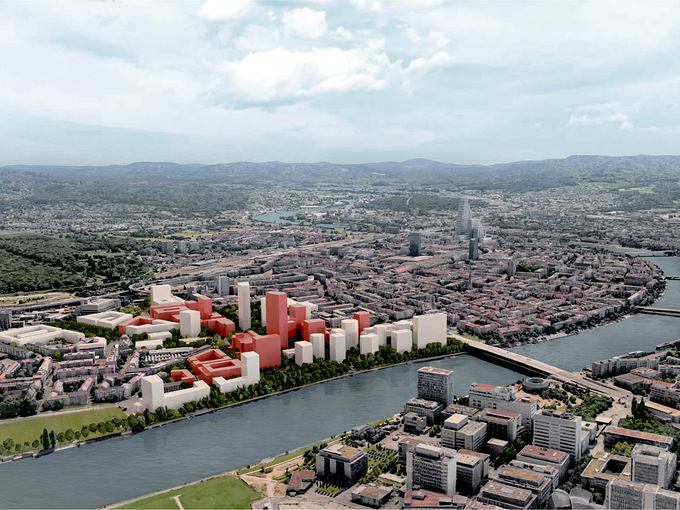
SwissLife's share of 'klybeckpklus' is the first site in Switzerland to be pre-certified with the 'SNBS-Areal' standard
SwissLife, Rhystadt and the canton of Basel-City are co-developing the klybeckplus site, a former BASF and Novartis chemical site in the north of the city of Basel. In this long-term development, flats for 8,000 people, a similar number of workplaces, commercial and cultural facilities and public outdoor spaces shall be created. Due to the long-term perspective, klybeckplus is being developed according to the latest sustainability standards.
Together with Bricks, we are commissioned to certify SwissLife's share of the klybeckpklus site using the 'SNBS-Areal' standard that we developed in 2023. The pre-certification will take place during the development and will be the first for a site in Switzerland. The added value of a site development that focuses on sustainability is already evident.
06|2024

Sustainability strategy for the administrative buildings of the Canton of Zurich
The Canton of Zurich is seeking the long-term renewal of the administrative buildings on Stampfenbachplatz in the centre of Zurich. The buildings, known as the narrow central administration (eZV), consist of the properties Walcheplatz 1, Walcheplatz 2, Neumühlequai 8/10 and Stampfenbachstrasse 12/14, known as ‘Kaspar-Escher-Haus’. The listed properties were built between 1911 and 1935.
Durable is developing a sustainability strategy for the canton's building department. It takes into account that completion will approximately take until 2040 and that development in line with present-day standards is therefore not expedient. The main pillars of the strategy are future-oriented jobs and net zero.
